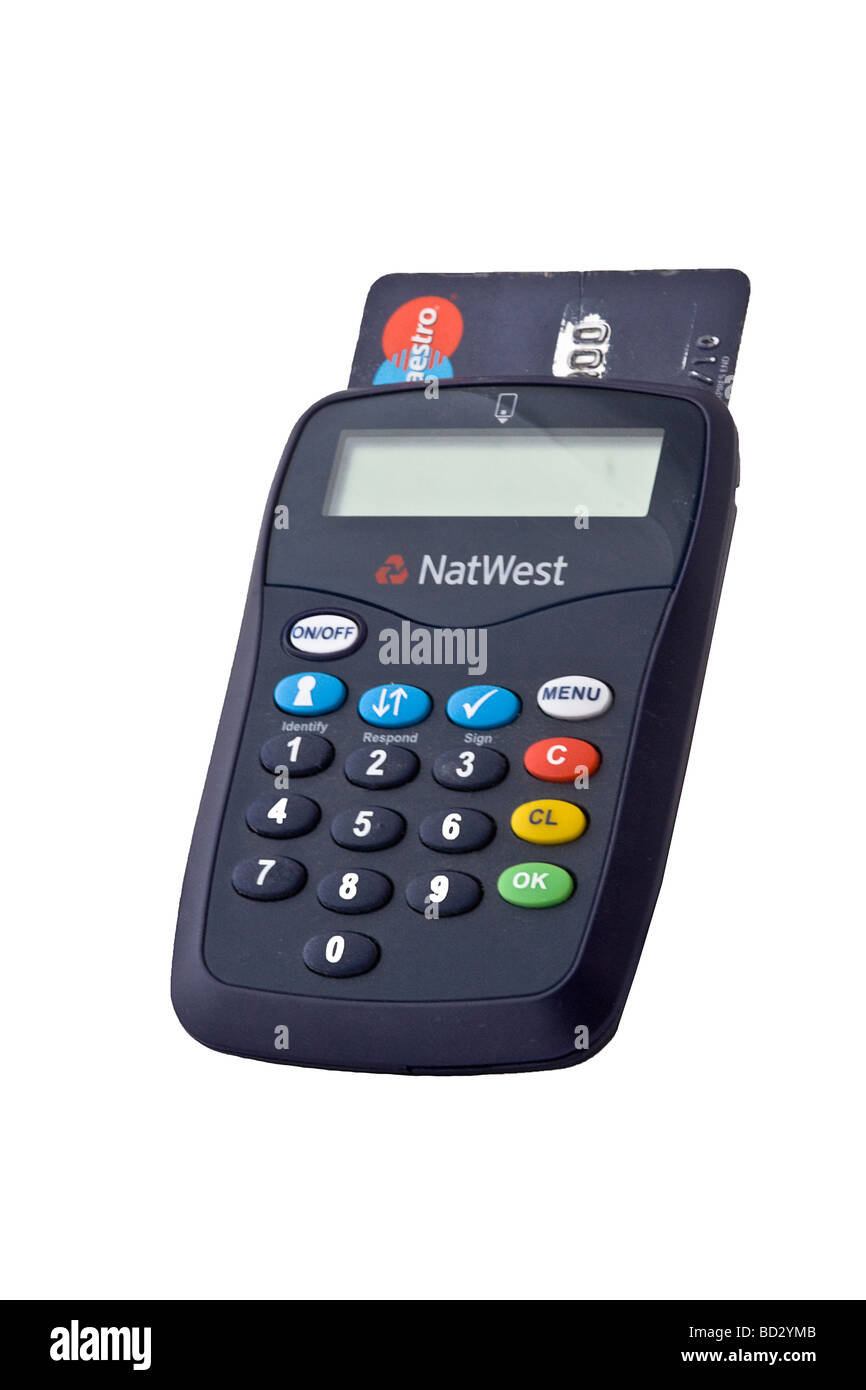Posted by: tahir
Ransomware recovery - 05/01/2018 18:22
We've had a ransomware attack on our Windows 2012 Server which is fine as we have backups of everything (I thought), unfortunately there's one folder which we don't have backups of and it contains the data files for our payroll data. They've all been encrypted with the following extension:
.id-E40940C2.[[email protected]].java
Data restore on everything else is going well, but is there any way of decrypting these files?
.id-E40940C2.[[email protected]].java
Data restore on everything else is going well, but is there any way of decrypting these files?


